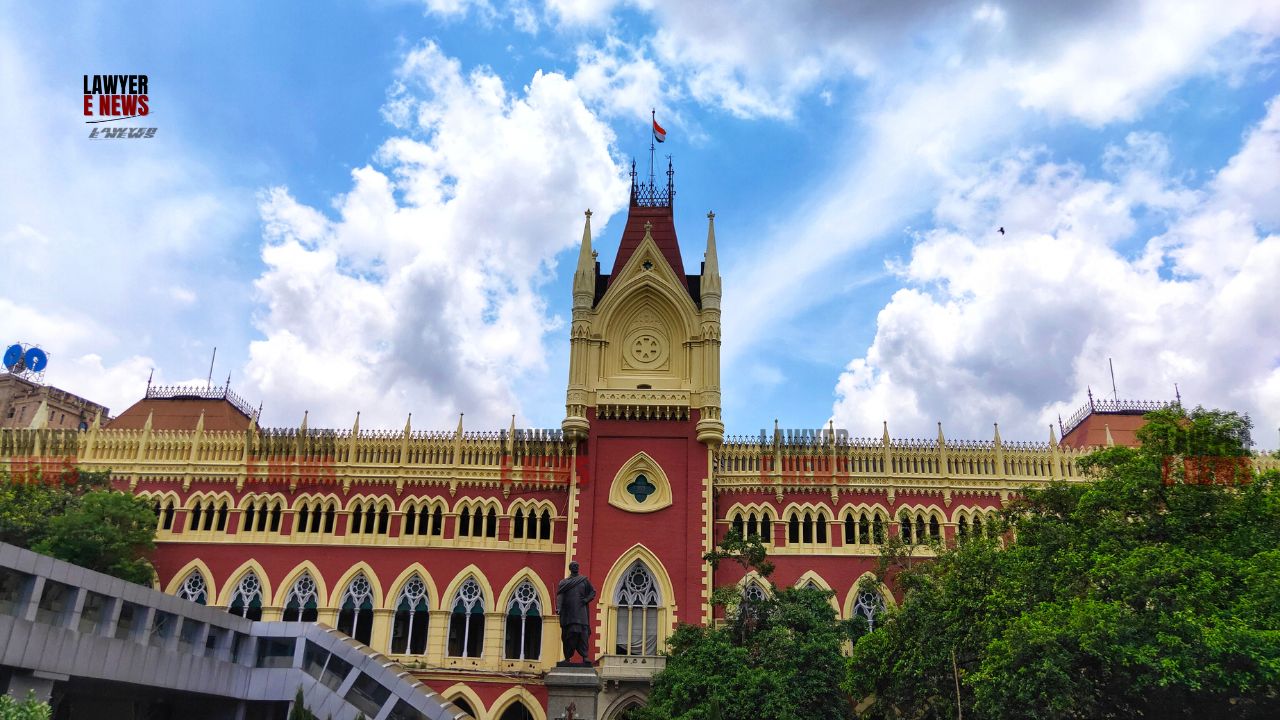-
by Admin
15 February 2026 5:35 AM



The High Court at Calcutta has overturned the conviction of Chuiya @ Binod Mahato, who had been sentenced to seven years’ rigorous imprisonment for culpable homicide not amounting to murder under Section 304 Part II of the IPC. The judgment, delivered by Justice Partha Sarathi Sen, highlights significant gaps in the medical evidence and the unexplained time gap in the victim’s treatment, leading to the acquittal of the accused.
The case originated from an incident on August 11, 2000, when Naresh Shaw was supervising the construction of a boundary wall in Asansol. The accused, Chuiya @ Binod Mahato, allegedly pulled down the wall, leading to an altercation. Subsequently, Mahato and his brother assaulted Shaw with sticks and rods, resulting in severe head injuries. Shaw was hospitalized but succumbed to his injuries, and the charges were escalated to culpable homicide. The trial court found Mahato guilty and sentenced him to seven years of rigorous imprisonment in January 2009.
Justice Partha Sarathi Sen emphasized the inconsistencies in the medical evidence presented during the trial. The court noted that the initial injury report (Exhibit 1) did not mention the skull fracture observed during the autopsy. Additionally, there was a lack of clarity regarding the injuries noted by the doctors (PW1, PW3, and PW4), and the court highlighted the absence of continuous medical records for a critical 22-hour period.
The court scrutinized the testimonies of key witnesses, particularly the informant (PW5) and the scribe of the written complaint (PW9). It found contradictions regarding the circumstances under which the complaint was recorded and the informant’s knowledge of its contents. These inconsistencies raised doubts about the prosecution’s narrative.
Justice Sen reiterated the principle that in cases where two views are possible based on the evidence, the view favoring the accused should be adopted. The court found that the unexplained time gap in the victim’s treatment and the discrepancies in medical reports created reasonable doubt regarding the cause of the skull fracture. This uncertainty warranted acquittal.
Justice Partha Sarathi Sen remarked, “The golden thread which runs through the web of administration of justice in criminal cases is that if two views are possible on the evidence adduced in the case, one pointing to the guilt of the accused and the other to his innocence, the view which is favourable to the accused should be adopted.”
The High Court’s judgment underscores the importance of consistent and comprehensive medical evidence in criminal cases. By acquitting the accused, the court has highlighted the necessity of addressing all evidentiary gaps to ensure a fair trial. This decision serves as a reminder of the judiciary’s commitment to upholding the principle of benefit of doubt, potentially influencing future cases where evidentiary discrepancies arise.
Date of Decision: July 31, 2024
